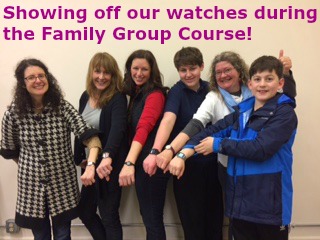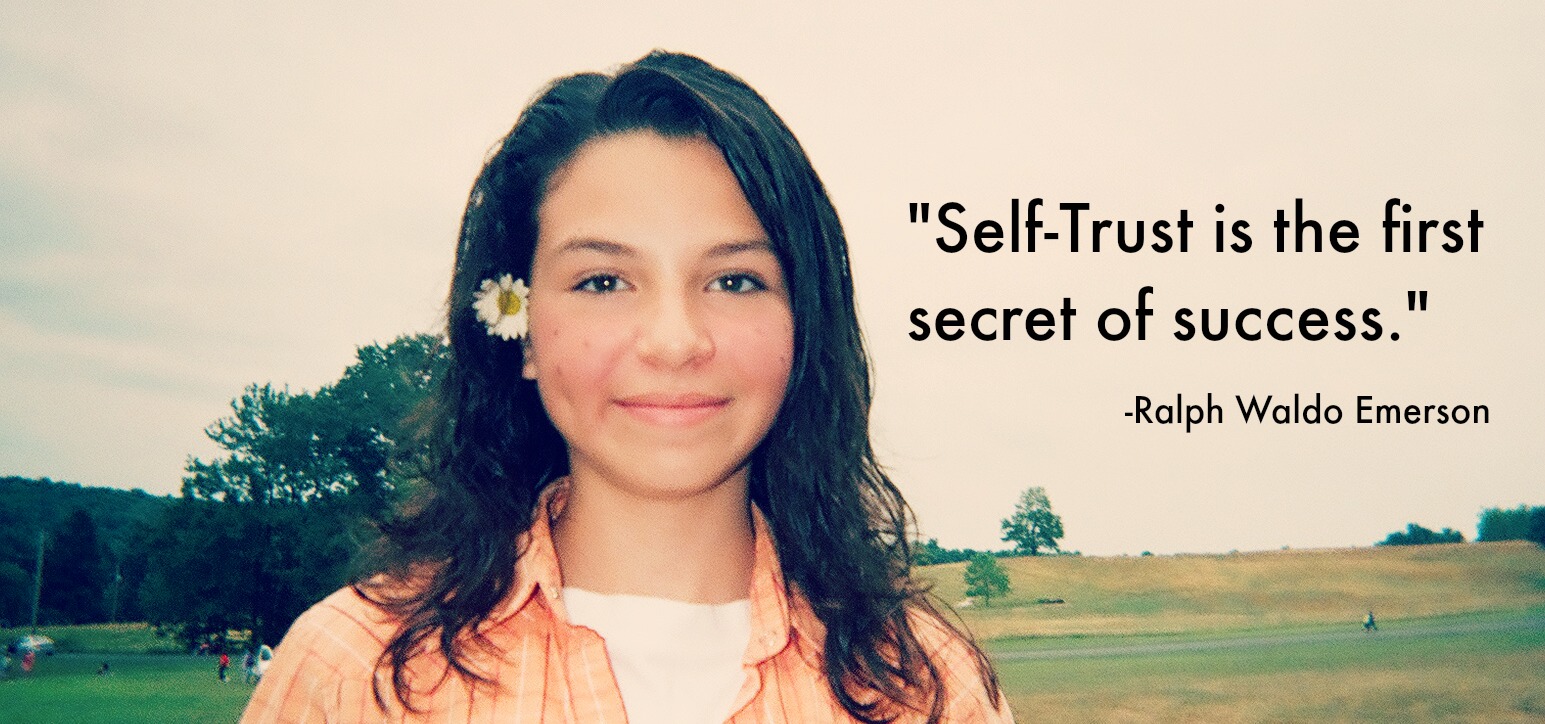It takes a long time to recover from feeling incompetent when you are time-challenged with poor executive functions. I know. For so many years, I tentatively walked through my days, trying to shrink even smaller than I was. In my mid-twenties I hid behind the long hair falling over my eyes. I was just waiting for someone to tap me on the shoulder and stick an accusatory finger in my face and declare for the world to hear: “YOU! You aren’t smart!”
In response I would have blurted out, towards my feet: “You’re right. I am not smart. I never claimed to be.”
It took me many, many years to shed that poor self-image – that fear – and to come to appreciate my brain, acknowledge its strengths and become comfortable with its weaknesses. And it took years to learn to hold my head up and fearlessly look others in the eye. I had to practice how to stand tall, all five feet of me. I had to learn how to enter a room.
I share my story because I sometimes teach my clients how to walk into a room, rather than sneak into it, trying not to be noticed. In one of my recent family group sessions, there were a lot of people, students and adults, trying to hide. I could tell just by how they were sitting.
In response, I had the whole group march around the room. I instructed them to practice feeling their weight in their feet as they walked. I shared the wisdom of my yoga teacher, Todd Williamson, who always says, “Let your bones carry your weight. That is what they are designed for.” I wanted this group of students and parents to be “grounded” as they move through the world.
I taught them to enter a room, heart first, not with your head tilted down. It was so cool to watch them; as they changed their body posture, their faces changed too. There were natural smiles, and eyes lit up. I swear a couple of them actually glowed. While I’ve known this for years, social psychologist Amy Cuddy has research showing how a change in posture actually changes our brain chemistry.
And what about looking someone in the eyes while they are talking? Why do that? I know that in some cultures it is impolite to look others in the eye. However, cultural mores aside, I know the power of “out of sight, out of mind”. When we aren’t looking at someone, it is very easy not to hear them, not to connect, to disappear. In the classroom, paying attention is tracking the teacher with your eyes. In my culture this is part of creating a relationship with the teacher.
After a recent SMT family group session, following a discussion about the value of eye contact, a 15-year-old gave himself the assignment to make better eye contact with others. The next week when we did our check-in, sharing what was working well, he looked me in the eye. His blue eyes were shining. There was a bit of a smile on his face and he appeared at least five inches taller than I remembered him to be. His answer for what had been working well? “Eye contact.” When I asked him about the results of this behavior change he said, “I got more respect.”
Wow. Isn’t that what all fifteen-year-olds want? Isn’t that what we all want?
Even with all of the successes I have experienced as I’ve aged, sometimes I catch my reflection in store windows, and I notice I am scrunching down. So I consciously realign my body so that I am walking down the sidewalk, facing the world, heart first. My eyes are ready to engage with another person, someone deserving of, and wanting, respect.
How are you walking down the street? How do you enter a room? Remember to stand tall!
Little by little,
Marydee


